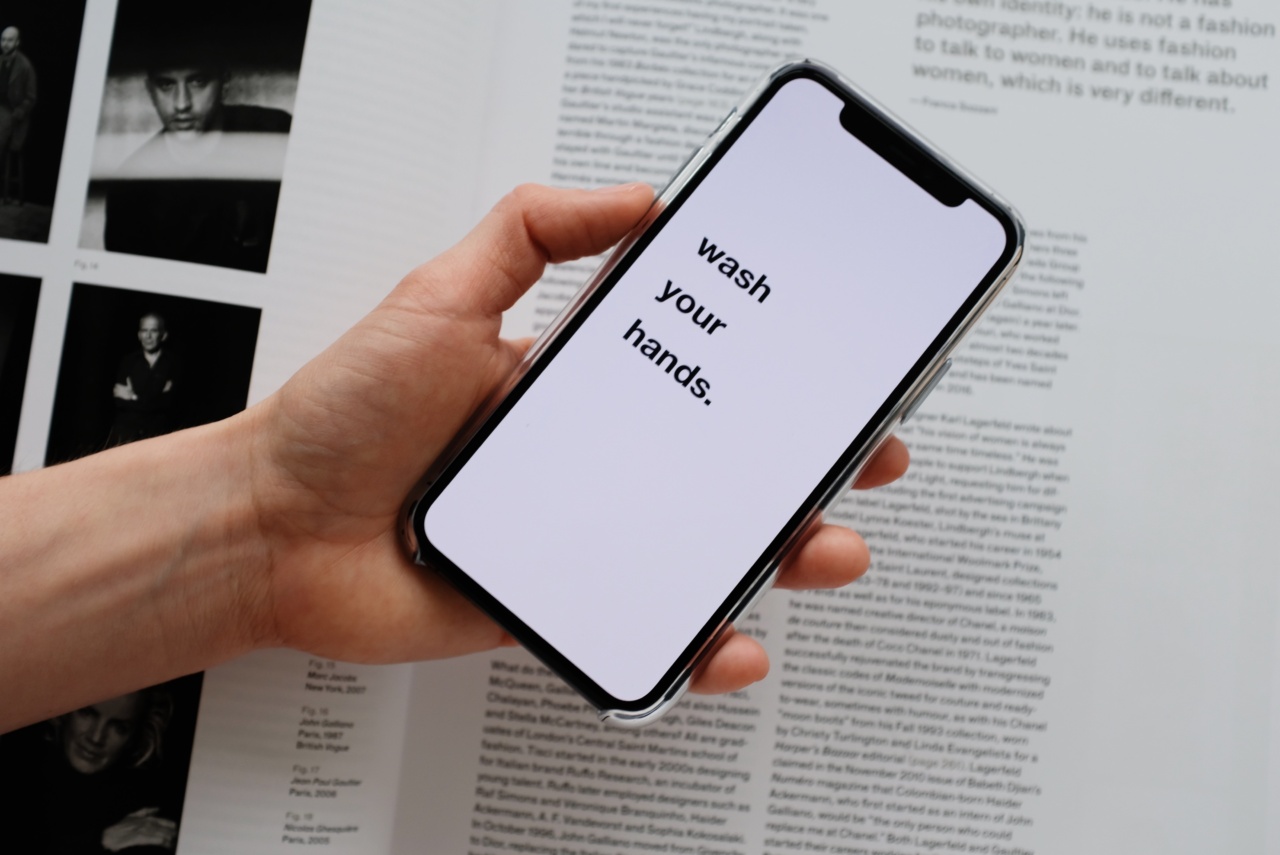In our modern world, it’s almost impossible to imagine our lives without mobile phones. We use them to make calls, send messages, browse the internet, take pictures, keep notes, and so much more.
While mobile phones have become an integral part of our lives, they can also be a source of distraction and stress. We often get sucked into our phones, constantly checking our messages and social media accounts, which can have a negative impact on our mental health.
In this article, we’ll discuss the concept of unplugging and how you can detox from your mobile phone.
What is Unplugging?
Unplugging is the act of disconnecting from your mobile phone and other electronic devices for a certain period of time.
The goal of unplugging is to reduce the amount of time we spend on our phones and to focus on other activities that are more beneficial for our well-being. Unplugging can help us reduce stress, improve our relationships, and increase our productivity.
Why Unplug?
Unplugging from your mobile phone can have numerous benefits for your mental and physical health. Here are some of the reasons why you should consider unplugging:.
- Reduced stress: Constant notifications from your phone can trigger the release of stress hormones, leading to anxiety and depression. Unplugging can help you reduce stress and improve your mood.
- Better sleep: The blue light emitted by mobile phones can disrupt our sleep patterns, making it difficult to fall asleep. Unplugging before bedtime can help improve the quality of your sleep.
- Improved relationships: Unplugging can help you connect more deeply with the people around you. When you’re not constantly checking your phone, you can focus on building meaningful relationships.
- Increased productivity: Constant notifications and distractions can make it difficult to focus on your work. Unplugging can help you increase your productivity and get more done in less time.
How to Unplug
If you’re ready to unplug from your mobile phone, here are some tips to help you get started:.
1. Set boundaries
Start by setting boundaries for yourself. Decide on certain times of the day when you will turn off your phone, such as during meals or before bedtime.
You can also limit your phone usage by setting a timer for the amount of time you spend on your phone each day.
2. Find alternative activities
When you’re not using your phone, find alternative activities to occupy your time. Read a book, go for a walk, or spend time with family and friends. You can also try a new hobby, such as gardening or painting.
3. Turn off notifications
One of the biggest distractions on our phones are notifications. Turn off notifications for apps that are not essential, such as social media or gaming apps. You can also turn on “Do Not Disturb” mode during certain times of the day.
4. Use your phone intentionally
When you do use your phone, use it intentionally. Don’t mindlessly scroll through social media or check your email every few minutes. Use your phone for specific tasks, such as making a phone call or sending a text message.
5. Take a break
Finally, take a break from your phone every once in a while. Go on a digital detox retreat or spend a weekend in nature without any electronics. Taking a break can help you reset and come back to your phone with a fresh perspective.
Conclusion
Unplugging from your mobile phone can be a great way to reduce stress, improve relationships, and increase productivity.
By setting boundaries, finding alternative activities, turning off notifications, using your phone intentionally, and taking a break, you can detox from your phone and enjoy a more fulfilling life.






























